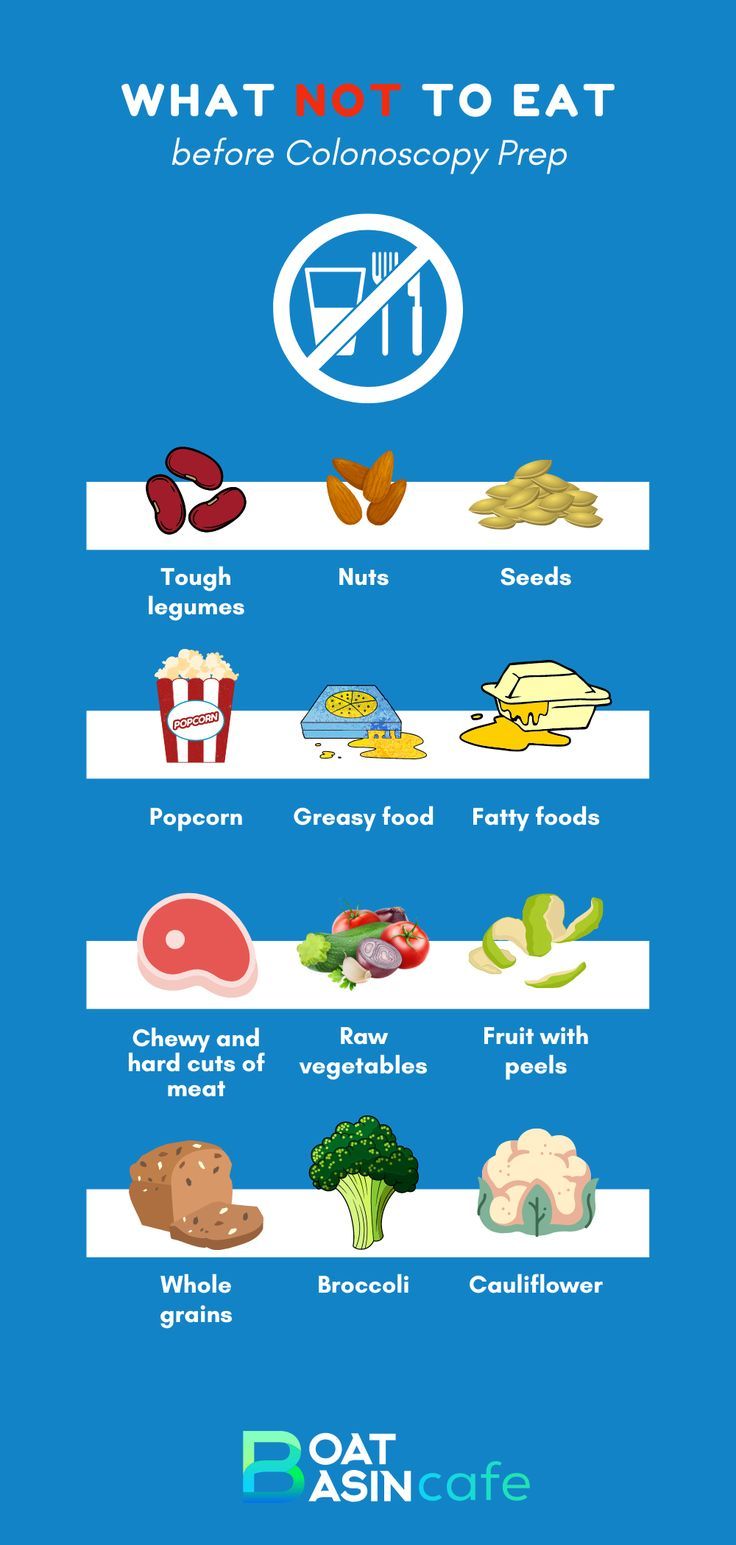
Essential Guide to How Long Background Checks Take in 2025
Understanding the timeline for background checks is crucial for both employers and job applicants. The duration of a background check can significantly impact the hiring process, rental applications, and more. As of 2025, knowing what to expect from a background check, including its average completion time and factors affecting the check duration, can lead to a smoother experience for everyone involved.
This guide will explore how long does a background check take, common delays, types of checks and their timelines, and tips to expedite the process. We'll break down each aspect of the background check process to give you clarity on what to anticipate. With an increasing number of background check companies and services, understanding the dynamics behind these timelines is essential for making informed decisions.
Key takeaways from this guide include insights into the standard background check turnaround time, the implications of different types of checks, and practical advice on ensuring timely processing. Let’s delve into the intricacies of background checks and how they fit within the broader hiring landscape.
Understanding Background Check Timelines
What to Expect from a Background Check
When initiating a background check, having a clear understanding of what is involved can alleviate anxiety and enhance preparedness. Typically, a background check involves various components including criminal history, credit checks, and verification of employment history. The overall timeline for these checks can vary widely depending on multiple factors, including the type of check and the completeness of the information provided by the applicant.
For employment background checks, employers may conduct checks that focus on criminal records, credit reports, and verification of previous workplaces. These processes can take between a few days to several weeks. Understanding these elements allows applicants to rightly anticipate the background check processing time.
Average Background Check Time Explained
The average background check time can range from 1 to 7 days, but it often depends on the thoroughness of the investigation. Criminal background checks usually take longer due to the need for accurate records. In contrast, straightforward verification checks, such as confirming employment history, can sometimes be completed in a day.
Moreover, certain companies offer quick background check services that can deliver results within hours. However, these expedited options may not be available for all types of checks, especially those requiring more thorough investigative work.
Factors Affecting Background Check Time
Several factors can affect the speed of the background check process. These include:
- The type of checks being performed, such as criminal, credit, or verification checks.
- State-specific regulations that may require additional processing time.
- The responsiveness of previous employers or institutions being contacted for verification.
- Whether the background check is conducted manually or through automated systems, with digital checks generally being quicker.
Types of Background Checks and Their Time Frames
Criminal Background Checks
Criminal background checks are among the most common and can take anywhere from 3 days to several weeks based on state laws and the depth of the search required. If an applicant has lived in multiple states, this could further complicate and extend the timeline.
Employment and Education Verification Checks
Employment verification checks generally take less time than criminal records checks, often falling within a 1-3 day range, while education verification can also vary from 1 day to a week. This fluctuation often hinges on how quickly educational institutions respond to inquiries.
Credit Checks and Drug Screening Processes
Credit checks typically take 1-2 days but can be slightly longer if complicated by discrepancies or additional information requests. Meanwhile, drug screening processes can add an additional layer, often requiring a couple of days for results to be confirmed due to lab processing times.
Common Delays in Background Checks
Anticipating and Navigating Delays
Understanding common delays in background checks can equip applicants and employers to better navigate the process. Some frequent issues include delayed responses from previous employers, discrepancies in provided information, or the need for additional documentation.
Applicants can take steps to minimize these delays by providing complete and accurate information upfront. Additionally, they should stay proactive by regularly checking their background check progress.
Digital vs Manual Background Checks
The method of conducting background checks also plays a critical role in processing time. Digital background checks are significantly faster than their manual counterparts. Digital systems often have access to databases that can return results in a matter of hours, whereas manual checks may require more time for person-to-person communication and verification.
Legal and Regulatory Factors
Lastly, compliance with legal and regulatory requirements can also impact the timeline for background checks. Different states may have varying laws regarding what can be checked and how long it can take, adding layers of complexity to the process. Employers must understand these regulations to adjust their expectations accordingly.

How to Speed Up Background Checks
Effective Strategies for Timely Processing
To shorten the background check duration, companies and applicants alike can employ several strategies. Firstly, using well-established background screening services that have proven track records can enhance efficiency and reliability.
Providing Accurate and Comprehensive Information
Another crucial aspect is ensuring that all personal information, such as previous addresses and employer details, is accurate and up-to-date. Any errors or omissions can lead to backtracking and prolongation of the process.
Clear Communication with Screening Agencies
Maintaining open lines of communication with background screening agencies can also reduce downtime. Employers and applicants should feel empowered to ask questions and request status updates, ensuring everyone is on the same page and able to address any emerging issues promptly.
Expedited Background Check Options
What are Expedited Services?
Many background screening companies offer expedited services for those who require quicker results, especially during tight hiring timelines. These services can often yield results within hours or a couple of days, making them appealing to many employers.
Cost Implications of Expedited Services
However, it’s essential to consider that using expedited services may come with additional costs. Employers should weigh the benefits of fast results against the financial implications to decide whether it’s a necessary step for their hiring process.
Evaluating Your Background Check Needs
Ultimately, organizations need to evaluate whether they truly need expedited services based on their hiring urgency and the nature of the position. For roles requiring quick onboarding, paying for faster checks may be justified. However, for less urgent processes, standard timelines might suffice.

Conclusion
In conclusion, navigating the world of background checks requires a thorough understanding of the timelines involved and the various factors affecting them. By harnessing the right background check services, providing accurate information, and being proactive, both applicants and employers can significantly influence the background check process. As we continue into 2025, being equipped with these insights will lead to a more efficient hiring experience. Understanding the intricacies of background checks allows individuals to set realistic expectations and ultimately achieve successful outcomes in their applications.